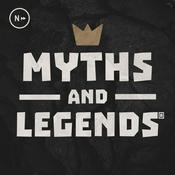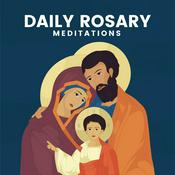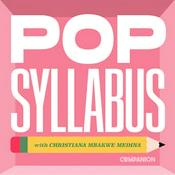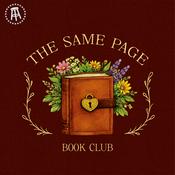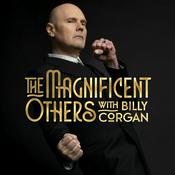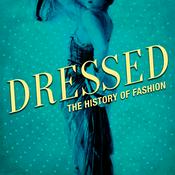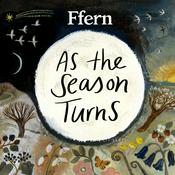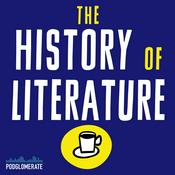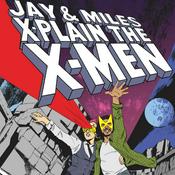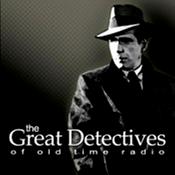412 episodes
- Today, macaroni and cheese is the ultimate comfort food, a staple of weeknight dinners, family gatherings, and Soul Food restaurants. Humble though the dish may seem, culinary historian Karima Moyer-Nocchi traces its history to Ancient Romans, Renaissance cardinals and popes and Thomas Jefferson’s kitchens from where it became an American tradition.
See Privacy Policy at https://art19.com/privacy and California Privacy Notice at https://art19.com/privacy#do-not-sell-my-info. - Marion Nestle, America’s preeminent nutrition and food activist joins Linda to discuss her new book, What to Eat Now, a rewrite of her 2006 groundbreaking book, What to Eat. In those twenty years food in America has undergone a radical change. Ultra-processed foods dominate the supermarket shelves, corporate control dictates product dominance as well as food policy, and online grocery shopping has changed how we shop. Marion discusses the aggressive lobbying campaigns that influence what ends up on your plate, and how to navigate the supermarket aisles for healthier choices.
Heritage Radio Network is a listener supported nonprofit podcast network. Support A Taste of the Past by becoming a member!
See Privacy Policy at https://art19.com/privacy and California Privacy Notice at https://art19.com/privacy#do-not-sell-my-info. - Katie Parla is a Rome-based food and beverage writer, cookbook author, and culinary guide. She is known for her expertise on Italian food culture, having written or edited over 35 books. In her new book Katie has gone even deeper into the history and evolution of the food culture from ancient times through post-war periods to tell the story of how Romans have eaten, feasted, snacked, and survived from prehistory through today.
Heritage Radio Network is a listener supported nonprofit podcast network. Support A Taste of the Past by becoming a member!
See Privacy Policy at https://art19.com/privacy and California Privacy Notice at https://art19.com/privacy#do-not-sell-my-info. - In this episode Linda talks with Lucinda Scala Quinn about the history of immigrant Italian women who came to America between 1880 and 1924, fleeing the poverty of their southern Italian homes. They cooked the food they knew, often substituting ingredients and embellishing recipes with the new found abundance of foods in America. These recipes represented their kitchens and evoked the flavors of their homes, thus founding an Italian American foodway. Recipes are discussed from Lucinda's new book, Mother Sauce: Italian American Family Recipes and the Story of the Women Who Created Them.
Heritage Radio Network is a listener supported nonprofit podcast network. Support A Taste of the Past by becoming a member!
A Taste of the Past is Powered by Simplecast.
See Privacy Policy at https://art19.com/privacy and California Privacy Notice at https://art19.com/privacy#do-not-sell-my-info. - Nigerian food writer and cookbook author Ozoz Sokoh describes the historical foodways and evolution of the cuisine of Nigeria and its regions. From her new book, CHOP CHOP:: Cooking the Food of Nigeria, Ozoz shares descriptions and background of many of the spices, ingredient combinations, and recipes of regional classics and contemporary dishes which have evolved over time. From indigenous nuts, seeds and salts to the colonial imposition of bouillon cubes, the author educates us on how the geography, and global and political events shaped the complex cuisine of Nigeria.
Image excerpted from Chop Chop: Cooking the Food of Nigeria by Ozoz Sokoh, copyright ©2025 by Ozoz Sokoh, photographs copyright ©2025 by James Ransom. Used with permission of Artisan Books, a division of Workman Publishing Co., Inc., a subsidiary ofHachette Book Group, Inc.
Heritage Radio Network is a listener supported nonprofit podcast network. Support A Taste of the Past by becoming a member!
A Taste of the Past is Powered by Simplecast.
See Privacy Policy at https://art19.com/privacy and California Privacy Notice at https://art19.com/privacy#do-not-sell-my-info.
More Arts podcasts
Trending Arts podcasts
About A Taste of the Past
Culinary historian Linda Pelaccio takes a journey through the history of food. Take a dive into food cultures through history, from ancient Mesopotamia and imperial China to the grazing tables and deli counters of today. Tune in as Linda, along with a guest list of culinary chroniclers and enthusiasts, explores the lively links between food cultures of the present and past.
Podcast websiteListen to A Taste of the Past, Myths and Legends and many other podcasts from around the world with the radio.net app
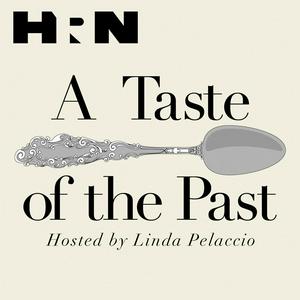
Get the free radio.net app
- Stations and podcasts to bookmark
- Stream via Wi-Fi or Bluetooth
- Supports Carplay & Android Auto
- Many other app features
Get the free radio.net app
- Stations and podcasts to bookmark
- Stream via Wi-Fi or Bluetooth
- Supports Carplay & Android Auto
- Many other app features


A Taste of the Past
Scan code,
download the app,
start listening.
download the app,
start listening.

